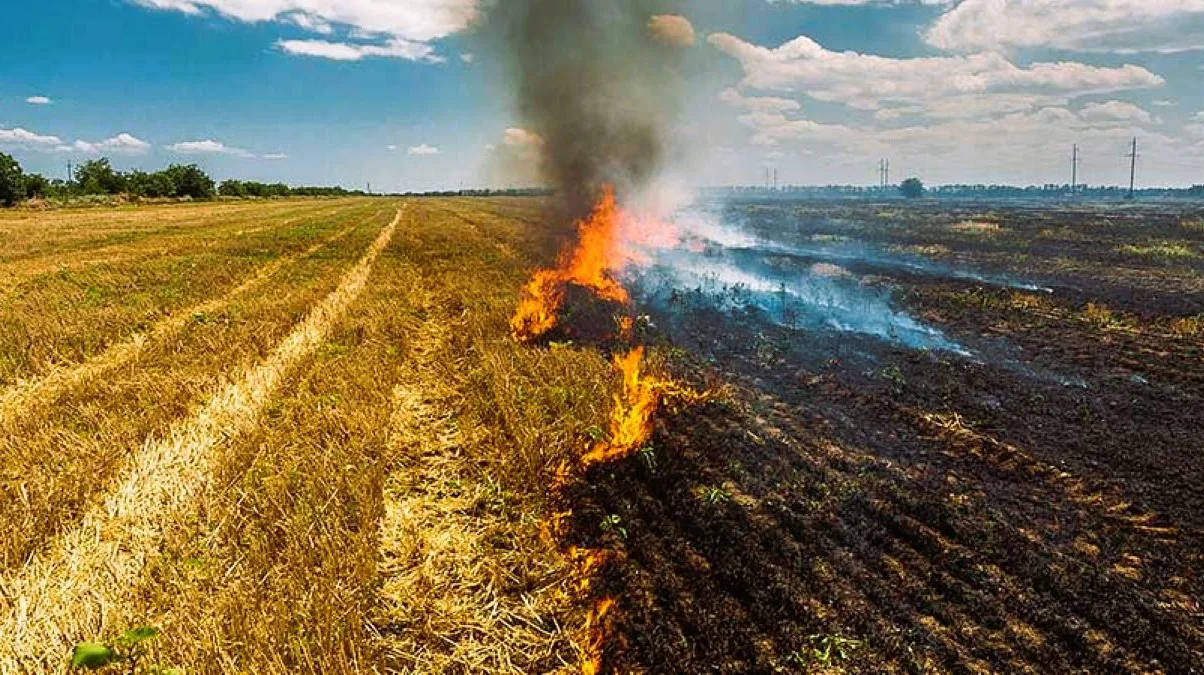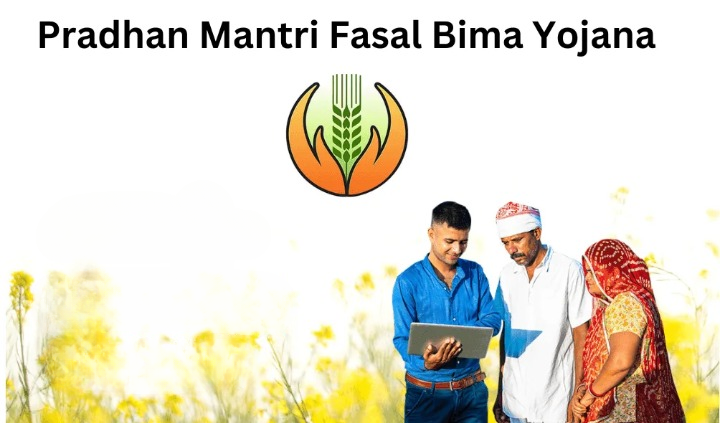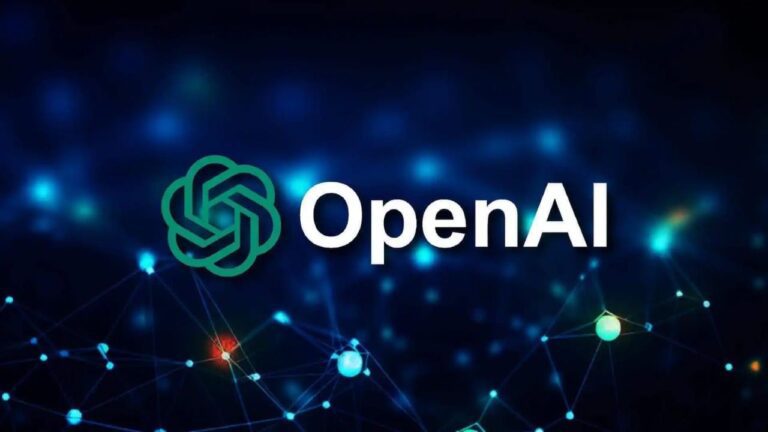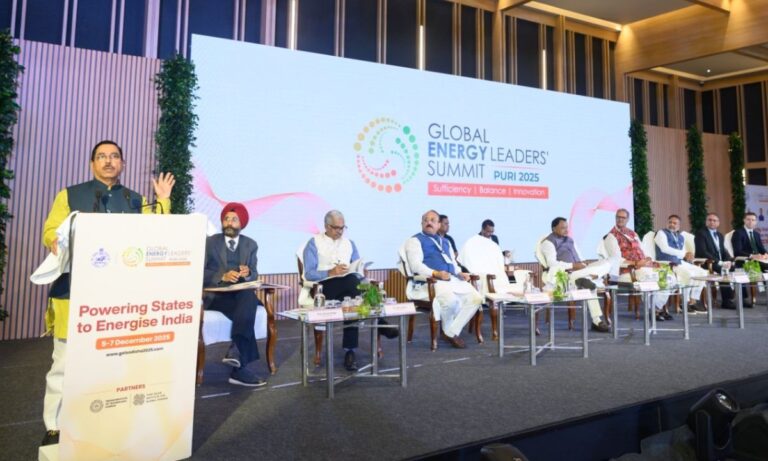
The Nature Conservancy Centre and IBM Unite to Reduce Crop Residue Burning in North India
IBM and The Nature Conservancy Centre announced that they have developed CRM Connect—a powerful public information platform to address the urgent need to transition from crop residue burning to crop residue management.
Built by IBM developers and tapping into the climate analytics expertise of IBM Consulting’s sustainability, climate and weather analytics expertise, CRM Connect serves as a tool to promote regenerative farming practices in India through the use of demographic insights, agricultural activity tracking, and resource mapping. Overall, CRM Connect improves agricultural sustainability and mitigates harm to the region’s air and soil quality.
The CRM Connect dashboard offers valuable intelligence to sector practitioners, government officials, and policy makers—analyzing data from various sources including weather patterns, soil conditions, and demographic information. CRM Connect fills the insights gap for transitioning to sustainable and regenerative agricultural practices.
“This solution has the potential to create maximum impact. Using technology, we have been able to analyze data sets that let us identify 2,500 villages (out of over 18,000 villages across Punjab and Haryana) that concentrate 70% of the total fire events that came from paddy residue burning over the last 4-5 years,” explains Manoj Singh, Lead for Regenerative Agriculture at TNCC. “These types of valuable insights allow decision makers to focus resources where you can make a greater impact.”
The platform also creates a network through the CRM Connect web portal, facilitating collaboration among farmers. Through this application, farmers can connect, share information, find CRM service providers for their operations, and offer support, overall fostering a sense of community and empowerment.
Following this two-sided approach of sharing demographic insights with policymakers and information with farmers, TNCC’s collaboration with IBM via the CRM Connect platform has the potential to empower stakeholders in India to adopt more sustainable agriculture practices.
By providing critical information and fostering connections, TNCC is playing a pivotal role in shifting mindsets and inspiring positive change within communities. Thousands of farmers have eagerly embraced this opportunity, demonstrating their commitment to sustainable agriculture and a desire for a healthier, more resilient future.
“Today, over 1,000 farmers are using the web portal covering approximately 2,200 hectares of land. And by early 2024, the platform aims to engage 12,000 famers, thus impacting over 25,000 hectares,” says Premjit Balasundaram, IBM’s project leader. “Farmers want to tackle this problem and the practices to do it already exist. What we are doing is just bringing people together so we can support them in the transition.” he added.
The impact of TNCC’s partnership with IBM extends beyond their current goals. With a vision to reach over two million farmers in the long term, TNCC aims to create a ripple effect throughout the region and beyond. TNCC aspires to inspire a national and global shift towards regenerative agriculture, protecting vulnerable populations and safeguarding the environment for future generations. CRM Connect is a useful tool for the path to achieve this vision.
TNCC joined the IBM Sustainability Accelerator program in 2022 to address the challenge of crop residue burning with the aim of fostering agricultural sustainability and reducing the impact of climate change on communities.
As a next step, the project aims to leverage Artificial Intelligence to run more complex correlations that offer even more valuable and precise insights to farmers, organizations, and policymakers. The teams have identified 86 variables that could be analyzed using AI to promote these efforts further.






